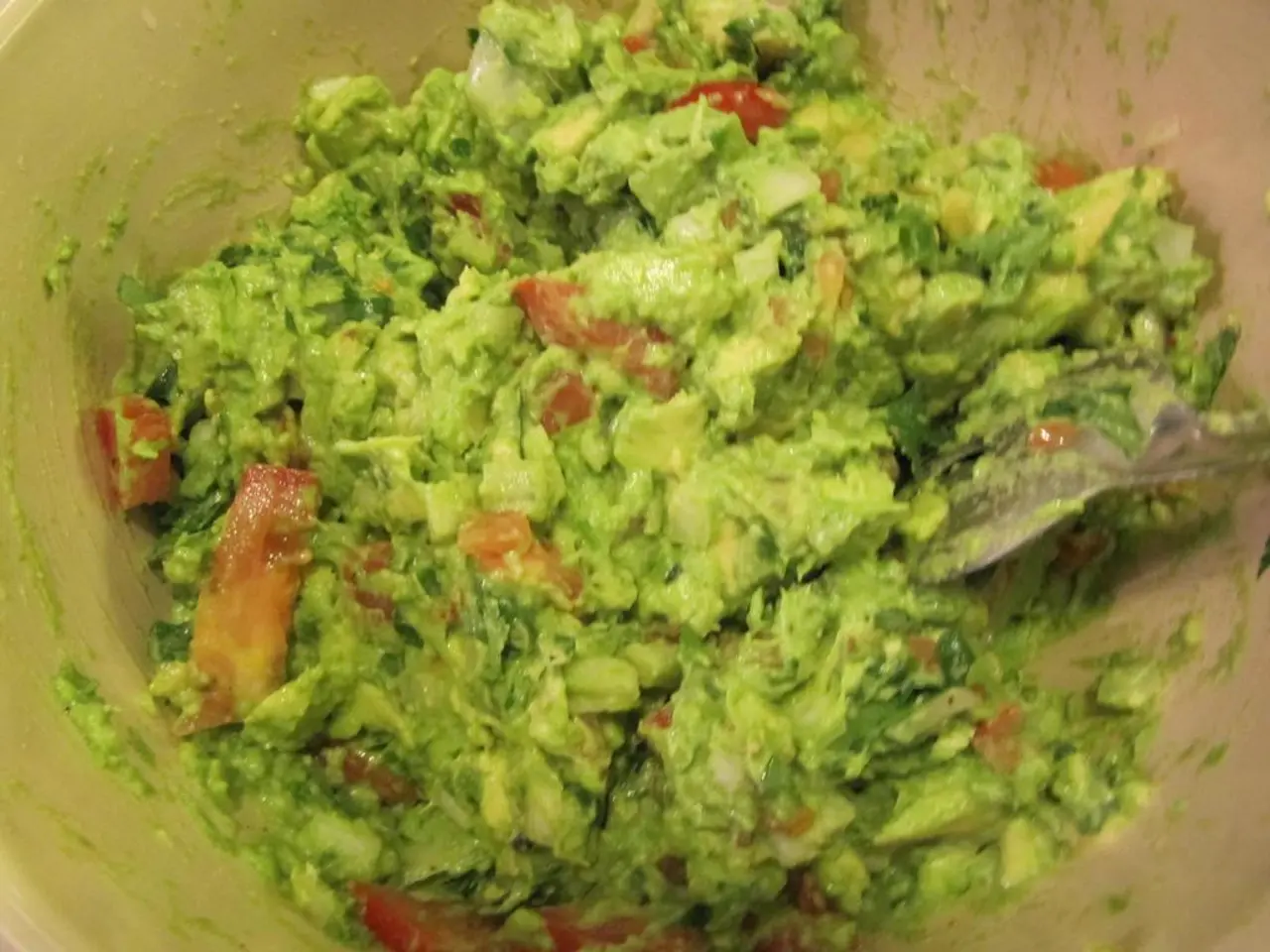Gherkins: A Guide to Varieties and Health Impacts
Gherkins, a popular side dish, can vary greatly in their production methods and ingredients. Some types may cause digestive issues for those with certain conditions, while others offer health benefits. Here's a breakdown of different gherkin varieties and their potential impacts.
Fermented gherkins, made from cucumbers, salt, and water with beneficial lactic acid bacteria, are a healthier option. These gherkins naturally preserve and enhance flavor without added preservatives. However, industrially produced fermented gherkins might have added preservatives, reducing the beneficial bacteria.
Pickled gherkins, made from cucumbers, vinegar, salt, sugar, spices, and water, can cause digestive issues for those with disorders like reflux or ulcers due to the vinegar content. Industrially pickled cucumbers may also contain added flavoring, preservatives, acidity regulators, or sweeteners. Similarly, industrially lightly salted cucumbers may contain added ingredients like acidity regulators, acetic acid, preservatives, and potassium sorbate.
Salted gherkins, made from cucumbers, salt, and water without lactic acid fermentation, are a middle ground. They contain less salt than heavily salted ones and fewer additives than industrially produced varieties.
When choosing gherkins, consider your dietary needs and preferences. Fermented gherkins offer health benefits, but industrially produced versions might have added preservatives. Pickled gherkins may cause digestive issues, and salted gherkins provide a balance between the two. Always check the label for added ingredients.
Read also:
- Is it advisable to utilize your personal health insurance in a publicly-funded medical facility?
- Dietary strategies for IBS elimination: Aims and execution methods
- Benefits, suitable dosage, and safety considerations for utilizing pumpkin seed oil in treating an overactive bladder
- Harmful Medical Remedies: A Misguided Approach to Healing




